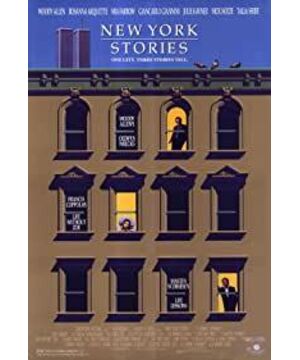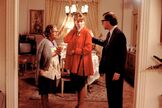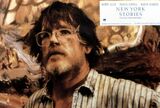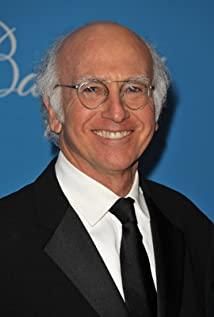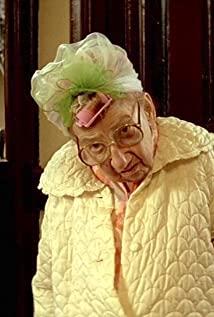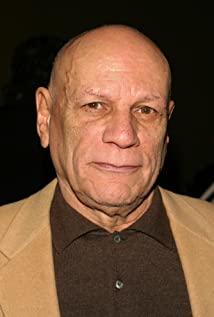Three films, interesting Woody Allen, Scorsese aftertaste, Coppola incomprehensible.
Scorsese's Life Lessons, boring at first glance, is actually the most aftertaste.
Lots of close-ups, slow motion, repetitive soundtrack, and it looks like a small piece. But it's basically a transition from near to far, and a complete reversal in far. There are a lot of hints in the lens, except that the taste of male hormones is too strong, which is unique to the films of that era. On the contrary, the theme is interesting and meaningful. On the surface, it seems that a successful artist is bitterly in love with a beautiful girl, and is constantly despised and humiliated, but in fact, this kind of love is only a kind of domestication and attachment.
In the process of revealing the truth in the film, the rhythm is perfectly mastered, and there is a smooth and beautiful transition from near to far. The interesting connection in the middle is that the girl keeps asking about her career, and the answers given by the artist are becoming less and less convincing. The answer is actually revealed from the beginning, but the truth is easy to be ignored under the filter of love. , and the film just happens to allow the audience to fully experience the experience obscured by the love filter. It is not until the newcomer appears and similar conditions appear that we can understand what the artist in the film means when he says he has four ex-wives before the girl is born, and what it means for the girl's constant arrogance and pain. So everything can be re-interpreted, including some of the stories you see in reality, and can also be re-interpreted. As Zweig said, all the gifts in life are implicitly priced. In this way, the use of the camera lens is also very charming, and the color setting is very European art and very modern. Especially those slow-motion close-ups are naked male gazes, which are enough to trick the audience into the artist's perspective first, and it is difficult to understand and empathize with the girl's behavior. All in all, it's worth having fun.
Coppola's "Life without Zoey", the title played a pun, I thought it would tell some great truth about life, but it turned out to be just a childish little story. I remember that this gorgeous shot was very popular at one time, very one thousand and one nights, but it was disappointing that I really didn't know what to say at the end, and it seemed that it had nothing to do with New York and the metropolis.
Woody Allen, "The Troubles of Oedipus," has a clear theme and not much weight. A sketchy story with a more absurd plot. A man living in the shadow of his mother's control, the story starts from the first love that is not favored by his mother: the mother disappears, and the man feels released and free for the first time; the mother appears and becomes stronger, and the man has nothing to hide. In the process of finding a way to solve the problem, the relationship changed, and the second relationship was favored by the mother, life returned to the original, and the end was locked in the man's helpless smile. We can pretty much guess whether it means the mother has changed or the man has succumbed, or it's business as usual, just because this new fiancée brings just the right balance. However, this smile seems to be a little normal compared to the previous smile staring at the drumstick, so the film doesn't give any special answer, it's just a sketch. What's interesting about this film is that it focuses on the disappearance and reappearance of the mother. And this story and discussion is also very applicable in China. Aside from the key points, the blurred part of the love line, even if this is the shadow part of the film, is too blurry, resulting in a lack of three-dimensionality. Even in the process of confrontation with the mother, the likes and dislikes of men are prominent, but in love, there is really no interest and value in them, so the details and realism are discounted.
In short, it is an old movie that is very fun, and the unexpected harvest is the thinking brought by Scorsese and the small design of Woody Allen.
View more about New York Stories reviews


